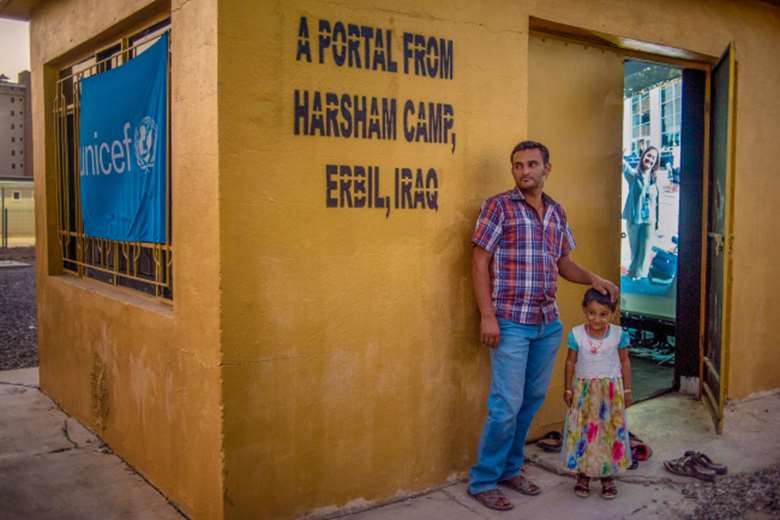How can artist managers help tackle the climate crisis?
Andrew Green
Wednesday, June 30, 2021
As the UN Climate Change Conference approaches, Andrew Green considers ways in which artist managers can contribute to the conversation

© UNICEF Iraq

Register now to continue reading
Don’t miss out on our dedicated coverage of the classical music world. Register today to enjoy the following benefits:
- Unlimited access to news pages
- Free weekly email newsletter
- Free access to two subscriber-only articles per month